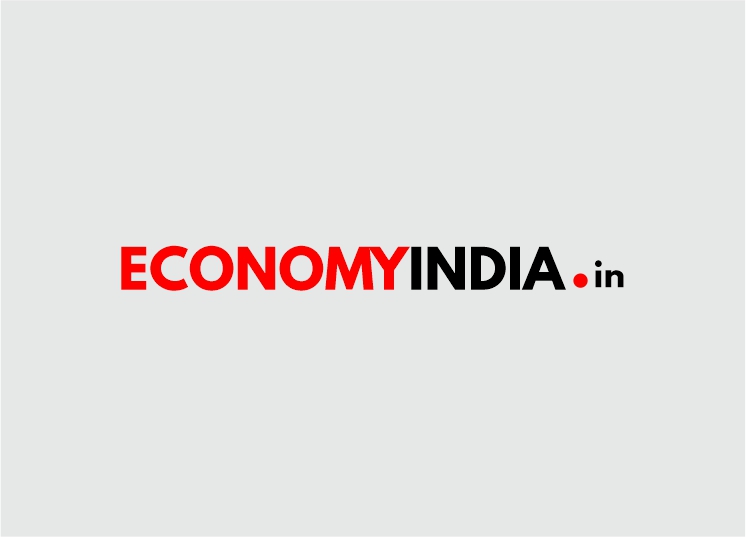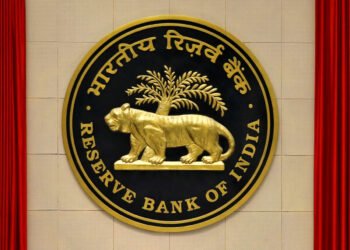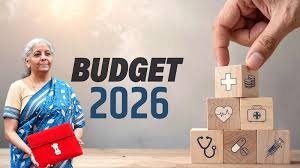New Delhi: According to reports The Reserve Bank of India (RBI) is likely to keep key policy rates, including repo and reverse repo rates, unchanged in its monetary policy review to be announced on Thursday in the backdrop of Union Budget 2022-23 and growing inflationary concerns.
The six-member Monetary Policy Committee headed by Reserve Bank of India Governor Shaktikanta Das started deliberations on the bi-monthly policy review on Tuesday and scheduled to make the announcements on February 10.
The meeting was originally scheduled to take place 7-9 February 2022. However, it was rescheduled to 8-10 February after Maharashtra Government declared February 7 a public holiday to mourn the death of legendary singer Bharat Ratna Lata Mangeshkar, the report said.
Union Budget 2022
This policy review is particularly important as it comes just nine days after the 2022 budget announcements. This is the last policy review of the financial year 2021-22.
Analysts and industry leaders feel that the RBI is unlikely to change key policy rates this time and may increase the rates in April.
“The Union Budget 2022 has stressed on growth rather than fiscal consolidation clearly indicating its priority. In order to support this, the RBI should maintain the low interest rate regime and keep the policy repo rate unchanged in its monetary policy,” said Mahesh Desai, Chairman, Engineering Export Promotion Council (EEPC) of India, the report said.
“We are yet to see economic recovery taking roots and the spurt in high-frequency numbers may be the result of pent-up demand due to restrictions imposed to contain virus spread. The contact-intensive sectors are struggling and trying to come out of the long pandemic shadow,” Desai said.
The RBI has not changed key policy rates for over one-and-a-half years. The last time the RBI changed policy rate was in May 2020 when it had slashed the key interest rates to a historic low to support the economy ravaged by the COVID-19 pandemic.
The repo rate, the interest rate at which the RBI lends short-term funds to banks, was slashed to 4 percent. The reverse repo rate, the interest rate at which the RBI borrows from banks, was reduced to 3.35 percent in May 2020. These policy rates have remained unchanged since May 2020, the report said.
Monetary Policy
In the last policy review announced on December 8, 2021, the Monetary Policy Committee took a unanimous decision to maintain the status quo on policy rates. The committee had also decided to maintain an “accommodative policy stance.”
According to some analysts, the RBI may change the policy stance from “accommodative” to “neutral” and marginally increase reverse repo rate.
The RBI has to do a delicate balancing act between growth and inflation. In view of the COVID-19 pandemic, the central bank had cut the policy rates to support growth. While the economy is still struggling to get back to the pre-pandemic level, inflation has emerged as a major worry. The CPI-based retail inflation has inched closer to the RBI’s upper tolerance limit of 6 percent.
However, the bigger worry is wholesale price inflation. The Wholesale Price Index (WPI) based inflation has remained in the double-digit for the past several months. In December 2021 it stood at 13.56 percent, the report said.
A State Bank of India (SBI) research report recently pitched for a 20 basis points increase in reverse repo rate citing a massive spike in credit growth.
HSBC Securities and Capital Markets (India) also pitched for a 20 basis points increase in reverse repo rate saying it would send the right signal to the markets. “But the risk now is that the RBI will postpone that to April,” it said.
However, the industry bodies continue to pitch for a low-interest rate regime citing fragile economic recovery.
Capital Expenditure
“Any move to tighten the monetary policy at this point of time could hurt the recovery process which the economy is hardly in a position to afford given the scale of disruptions in the last two years,” said EEPC of India Chairman Mahesh Desai, the report said.
One of the key deciding factors of the Monetary Policy Committee’s policy rates action would be the announcements made in the Union Budget 2022-23 by Finance Minister Nirmala Sitharaman on the first day of this month.
The focus of the budget is on increasing capital expenditure. All the big announcements made in the budget are related to long-term investments. The Finance Minister has not made any significant announcement to put money in the wallets of Indians to boost consumption. So the budget has not given any worry to the RBI from the inflation perspective, the report said.
“The RBI will likely view the budget in a positive light and as growth supportive, owing to increased public capex (quality of spending) and directional fiscal consolidation,” analysts at Japan’s brokerage and investment bank Nomura said in a research note. (ANI)













